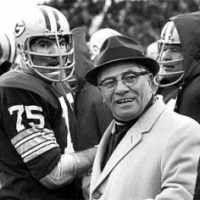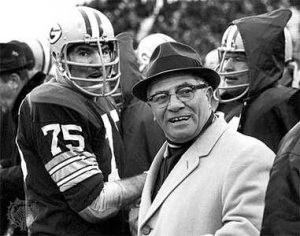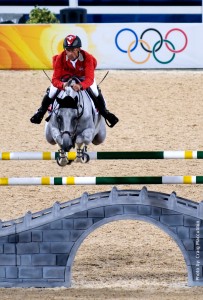
Hard work is the price we must pay for success. I think you can accomplish anything if you’re willing to pay the price.
~ Vince Lombardi
 I wanted to write about a topic that’s near and dear to my heart. Yep, you guessed it. Or maybe you didn’t. It’s practice.
I wanted to write about a topic that’s near and dear to my heart. Yep, you guessed it. Or maybe you didn’t. It’s practice.
When I speak with my athletes and ask them how practice is going I get many different versions of the same answer – “I’m working on this aspect of my performance” or “Really good. I just finished up doing such and such a drill”. They are always focused on their physical preparations. I inevitably follow-up with “How’s your work on your mental game?”. And that’s when I get the deer in the headlights look. “Uhhhhh, fine? I’m having trouble finding the time to do the work though.”
Physical-Mental Dichotomy
Athletes really seem to separate their physical game from their mental game. I bet right now if I went up to just about any athlete and asked for their practice schedule, they would be able to hand me a calendar with a list of all their scheduled practices, none of which include time for mental practice. The athletes that are actively working on their mental game might have some idea when they might work on their psychological skills, but they kind of fit it in when they can. Nothing concrete, nothing definite.
It’s a curious observation. Think about your last poor performance. What do you think lead to it? Were your physical preparations inadequate? Did you lack the technical skills needed to perform well?
While for a small number of cases, lack of physical preparation may be the underlying problem, the majority of poor performances start and end with a lack of psychological skills to deal with the pressures of competitive performances. After a poor performance, time and time again, you hear the disappointed athlete say “I made a bad decision” or “I lost focus”. In my experience, more than 80% of poor performances come down to failed psychological skills. Athletes not having the capabilities to compete in pressure situations.
If you can do a skill in practice but can’t execute it in a competition, there’s a good chance your mental game is letting you down.
 So why is it so common for an athlete’s mental game to let them down in competition? It comes back to practice. Ask yourself these next couple of questions.
So why is it so common for an athlete’s mental game to let them down in competition? It comes back to practice. Ask yourself these next couple of questions.
- How much time do you, as an athlete, spend working on your physical skills?
- How much time do you, as an athlete, spend working on your psychological skills?
I typically see a breakdown of around 95% physical practice and 5% mental practice. That’s astounding when most failed performances come down to weak psychological skills. The good news is, if you make working on your mental game a priority, you can see improvements very quickly.
Three Ideas to get you Started
- Don’t wait until you have all your physical skills developed before starting on your psychological skills. Your physical and mental skills depend on each other to produce your personal best performances. You will never be able to reach your potential without both aspects of your game working together.
- Schedule time for mental practice just like you do for your physical skills practices. Your mental game shouldn’t be an afterthought. Write the mental practices down on a calendar. Make them explicit and concrete.
- Incorporate psychological skills training into your existing practice schedule. Between drills, while you’re recovering physiologically, practice some arousal control techniques or use trigger words to maintain focus on appropriate performance cues. Before you start each drill, work on visualizing how it will look when you perform it.
Practice, Practice, Practice! You need to be smart when it comes to designing the training you need to realize your potential. Throwing more money and more time into training will only work if you target the areas you need to develop to be the best athlete you can. Practice doesn’t make perfect, perfect practice makes perfect! Start working on your mental game now. Reap the benefits now. Pay the price.
Leave A Reply (No comments so far)
The comments are closed.
No comments yet